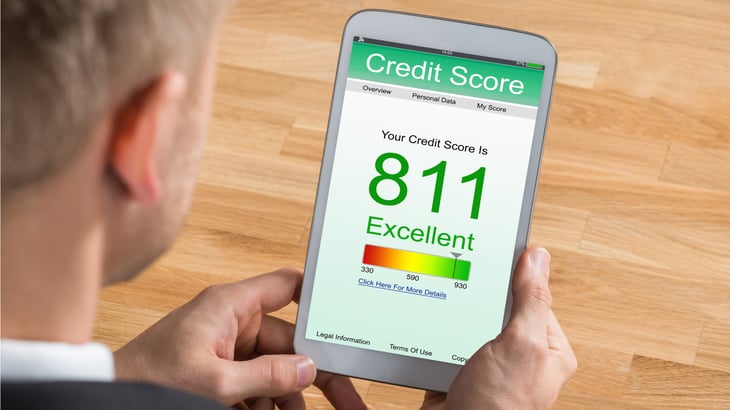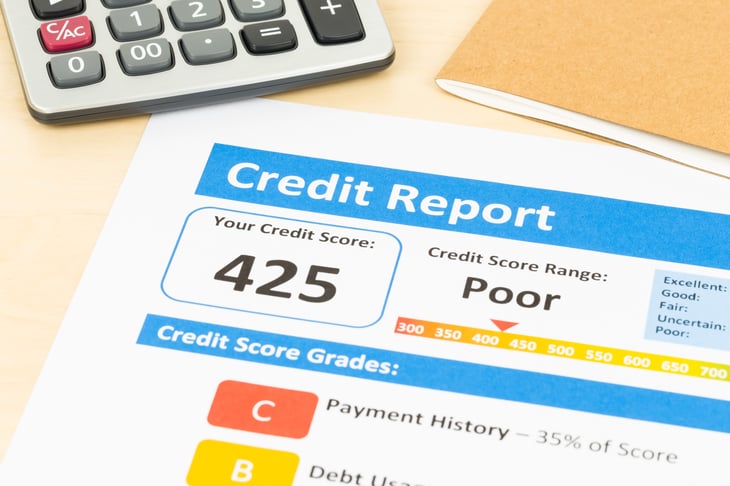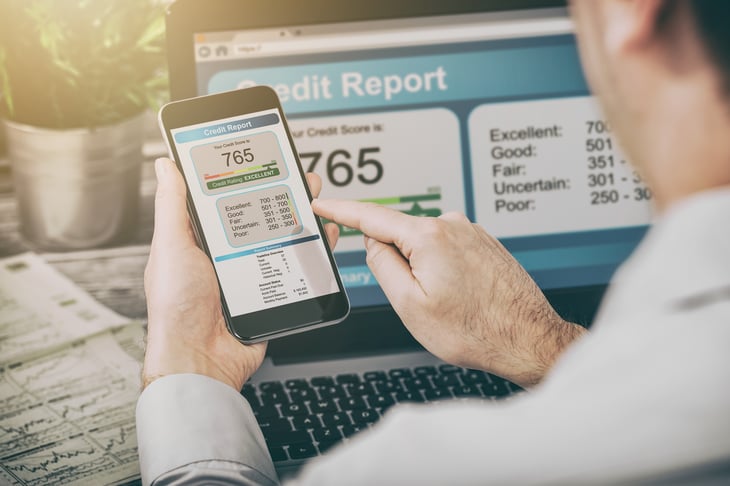
Anyone new to the world of credit is probably looking to give their credit score a boost. But how can you improve your credit before you’ve established credit?
Fortunately, credit is not as mysterious as it might seem. If you are properly educated on how it works and manage your accounts responsibly, your credit score will rise.
Following are some straightforward ways to build stellar credit.
1. Start with your credit report

This is a simple but important step many consumers overlook. Credit reports sometimes contain inaccuracies, and they can alert you to fraudulent accounts opened in your name as a result of identity theft.
Even if you’re new to the world of credit, you might still have a file with the three major credit bureaus — Equifax, Experian and TransUnion. So, request your free credit report from them.
Then, carefully analyze the contents and dispute any inaccuracies. For pointers, check out “Fixing Your Credit? Do These 5 Things, Avoid These 3.”
2. Don’t fall for the first credit card offer you receive

Don’t waste money by signing up for a credit card with a big annual fee and an exorbitant interest rate. Instead, look for cards that reward you, such as with cash back or points you can put toward things you normally buy.
Stuck with a shabby piece of plastic? Pay off the balance, but avoid closing the account — which is a common credit card sin that can damage your credit score. Then, find a better card.
3. Work your way up

If you can’t get approved for a regular credit card, consider a secured credit card. Just be prepared to make a cash deposit, and read the fine print to confirm that the costs don’t outweigh the benefits.
As you establish a record of responsibly using your secured card, the company might offer you a regular credit card. Or you can apply for a regular card.
4. Make timely payments

Penalties — in the form of fees and a higher interest rate — aren’t the only product of delinquency. One late payment can send your credit score plummeting.
Credit card issuers usually give you 30 days to bring your account current before reporting your late payment to the credit bureaus. Make it a habit of paying before the due date. Making on-time payments is a significant part of your credit score.
If you’re having a tough time keeping up, consider using a bill-pay service or automatic withdrawals. Or, set up payment reminders on your phone or another electronic device.
5. Keep balances low

The percentage of your available credit that you are using at a given time — a ratio of your credit limits to your credit balances — is sometimes known as your credit utilization ratio. It accounts for 30 percent of your FICO credit score and is one of the biggest factors affecting your VantageScore credit score.
This rule applies even if you pay off your credit card balances in full each month. The credit bureaus remain interested in how much you charge.
Think about that before you swipe your card. VantageScore Solutions, the company behind VantageScore credit scores, advises keeping your balances to less than 30 percent of your credit limit.
Don’t turn to credit card cash advances for help paying down your balances. This form of loan generally comes with a fee, a higher interest rate and no grace period — making it a dumb way to borrow money.
If you need money, consider options like:
- Selling some idle goods lying around the house.
- Picking up a side gig to generate extra income.
- Tapping your emergency fund.
6. Pay attention

Remain vigilant about your credit card statements and credit reports. This is not an overnight job. Establishing stellar credit takes time and patience. But if you practice responsible credit use, your efforts will be rewarded.
Do you have any tips for building up credit? Share your thoughts by commenting below or on our Facebook page.




Add a Comment
Our Policy: We welcome relevant and respectful comments in order to foster healthy and informative discussions. All other comments may be removed. Comments with links are automatically held for moderation.